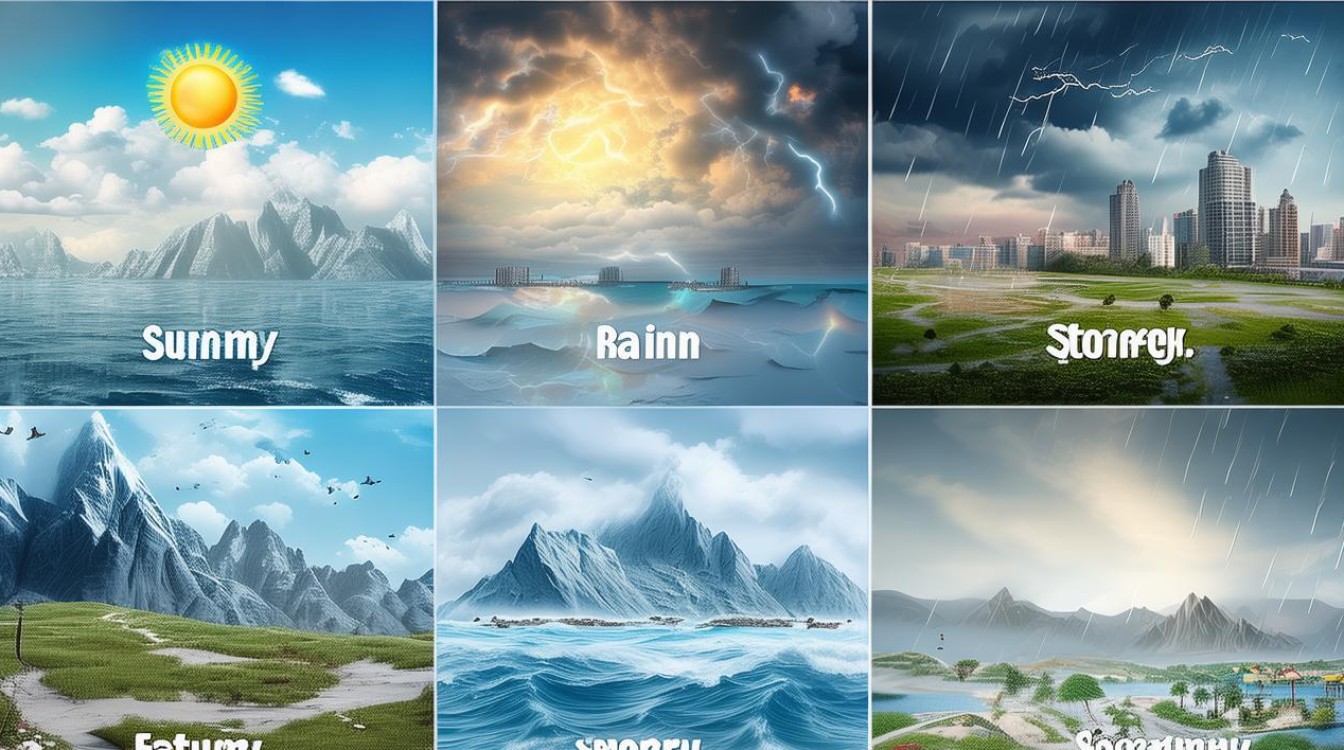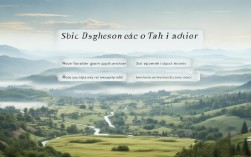Understanding weather-related vocabulary is essential for travelers, students, and professionals who communicate in English. Whether checking forecasts, discussing climate changes, or planning outdoor activities, knowing the right terms enhances clarity. Below is a detailed list of weather conditions in English, categorized for easy reference.
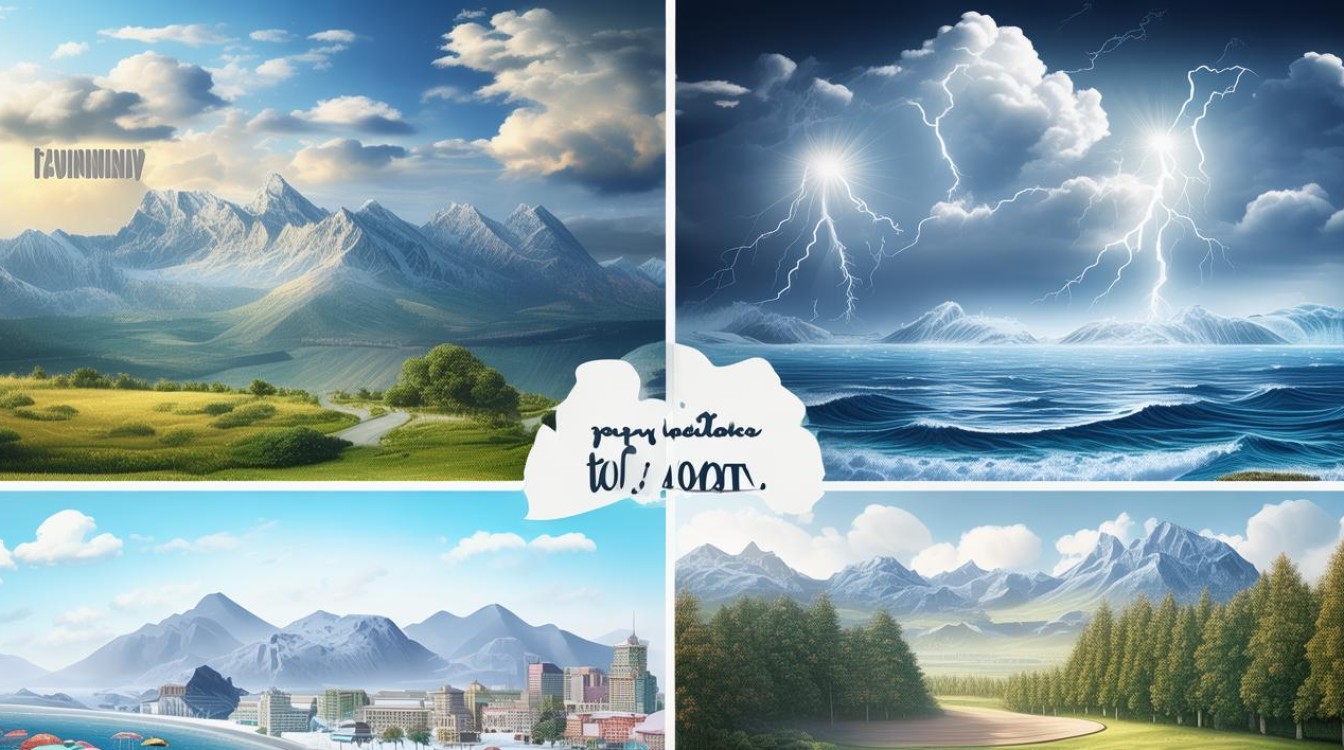
Basic Weather Terms
- Sunny – Clear skies with abundant sunlight.
- Cloudy – Sky covered with clouds, blocking direct sunlight.
- Partly Cloudy – A mix of sun and clouds.
- Overcast – Thick cloud cover, often dull and gray.
- Rainy – Precipitation in the form of water droplets.
- Drizzling – Light, steady rain.
- Pouring – Heavy rainfall.
- Stormy – Strong winds, rain, and sometimes thunder.
- Thunderstorm – Lightning and thunder accompanied by rain.
- Snowy – Falling or accumulated snow.
Temperature-Related Terms
- Hot – High temperatures, often uncomfortable.
- Warm – Pleasant, moderately high temperatures.
- Mild – Neither too hot nor too cold.
- Cool – Slightly low temperatures, refreshing.
- Cold – Low temperatures, requiring warm clothing.
- Freezing – Extremely cold, at or below 0°C (32°F).
- Frosty – Covered in frost due to freezing conditions.
- Chilly – Unpleasantly cold but not extreme.
Wind Conditions
- Breezy – Light to moderate wind.
- Windy – Strong wind, noticeable but not dangerous.
- Gusty – Sudden bursts of strong wind.
- Blustery – Very windy, often with rain or snow.
- Hurricane – A severe tropical storm with destructive winds.
- Tornado – A violently rotating column of air touching the ground.
- Cyclone – A large-scale air mass rotating around a low-pressure center.
Precipitation Types
- Rain – Water falling from clouds in droplets.
- Showers – Short periods of rain.
- Downpour – Intense, sudden rainfall.
- Hail – Small balls of ice falling during storms.
- Sleet – Rain mixed with snow or ice pellets.
- Snow – Frozen precipitation in soft, white flakes.
- Blizzard – Heavy snow with strong winds.
- Freezing Rain – Rain that freezes upon contact with surfaces.
Fog and Mist
- Foggy – Thick mist reducing visibility.
- Misty – Light fog, often near water bodies.
- Hazy – Slightly obscured air, often due to heat or pollution.
Extreme Weather Events
- Drought – Prolonged lack of rainfall.
- Heatwave – Extended period of excessively hot weather.
- Flood – Overflow of water onto normally dry land.
- Wildfire – Uncontrolled fire spreading through vegetation.
- Avalanche – Rapid flow of snow down a slope.
Seasonal Weather Terms
- Spring-like – Mild, with blooming vegetation.
- Summer heat – High temperatures typical of summer.
- Autumn chill – Cooling temperatures in fall.
- Winter freeze – Cold, often snowy conditions.
Humidity and Air Quality
- Humid – High moisture in the air.
- Muggy – Unpleasantly warm and humid.
- Dry – Low humidity, often causing dehydration.
- Smoggy – Polluted air reducing visibility.
Maritime and Coastal Weather
- Tidal wave – A large sea wave, often due to seismic activity.
- Tsunami – A massive ocean wave caused by underwater disturbances.
- High tide – The peak water level in coastal areas.
- Low tide – The lowest water level in coastal areas.
Astronomical Weather Phenomena
- Aurora – Natural light displays in polar regions (Aurora Borealis/Australis).
- Solar flare – Sudden flash of increased brightness on the sun.
- Lunar eclipse – Earth blocks sunlight from reaching the moon.
Regional Weather Variations
Weather terms can vary by region. For example:
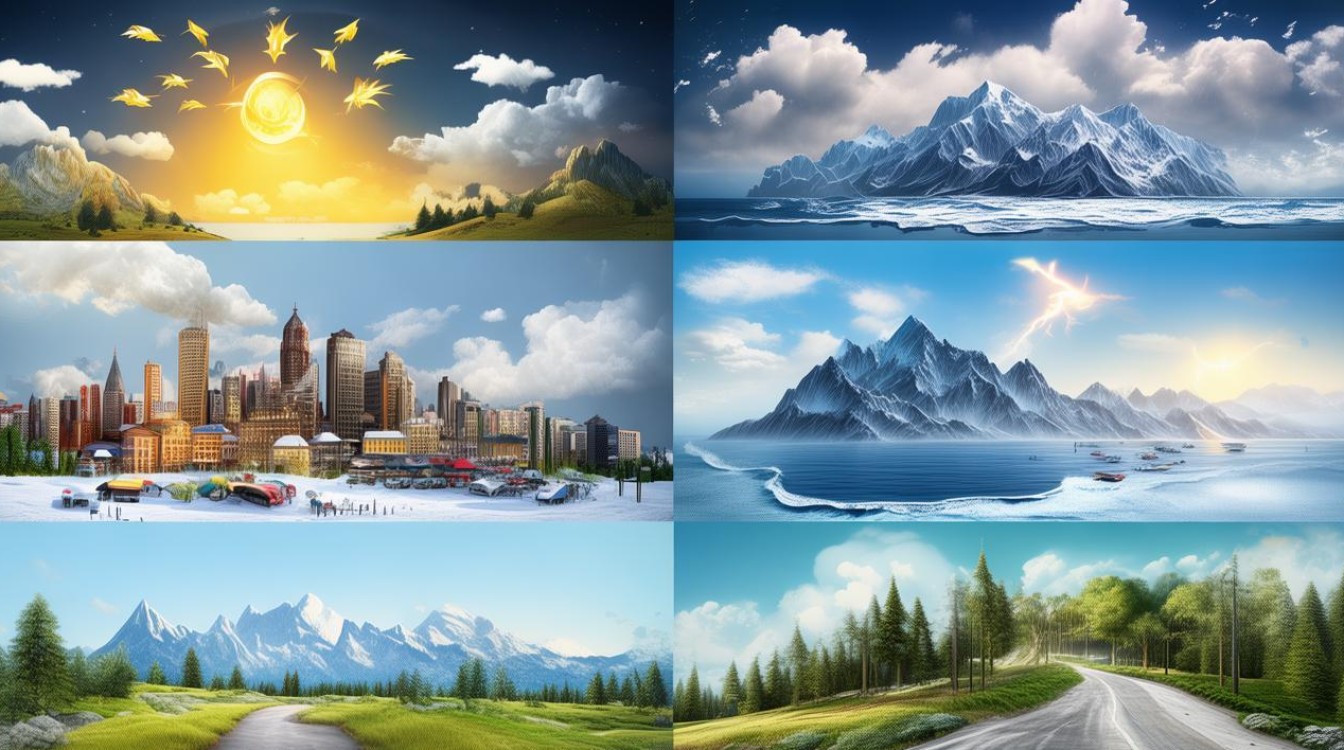
- Monsoon – Seasonal heavy rains in South Asia.
- Nor’easter – Strong storm affecting the U.S. Northeast.
- Sirocco – Hot, dusty wind from North Africa to Southern Europe.
Weather Forecasting Terms
- Forecast – A prediction of future weather conditions.
- Meteorology – The scientific study of weather.
- High-pressure system – Usually brings clear skies.
- Low-pressure system – Often associated with storms.
Idiomatic Weather Expressions
- Under the weather – Feeling unwell.
- Weather the storm – Endure a difficult situation.
- Break the ice – Initiate conversation in a tense setting.
Mastering these terms improves communication, whether discussing travel plans, safety precautions, or scientific research. Weather impacts daily life, and knowing the right vocabulary ensures better preparation and understanding.
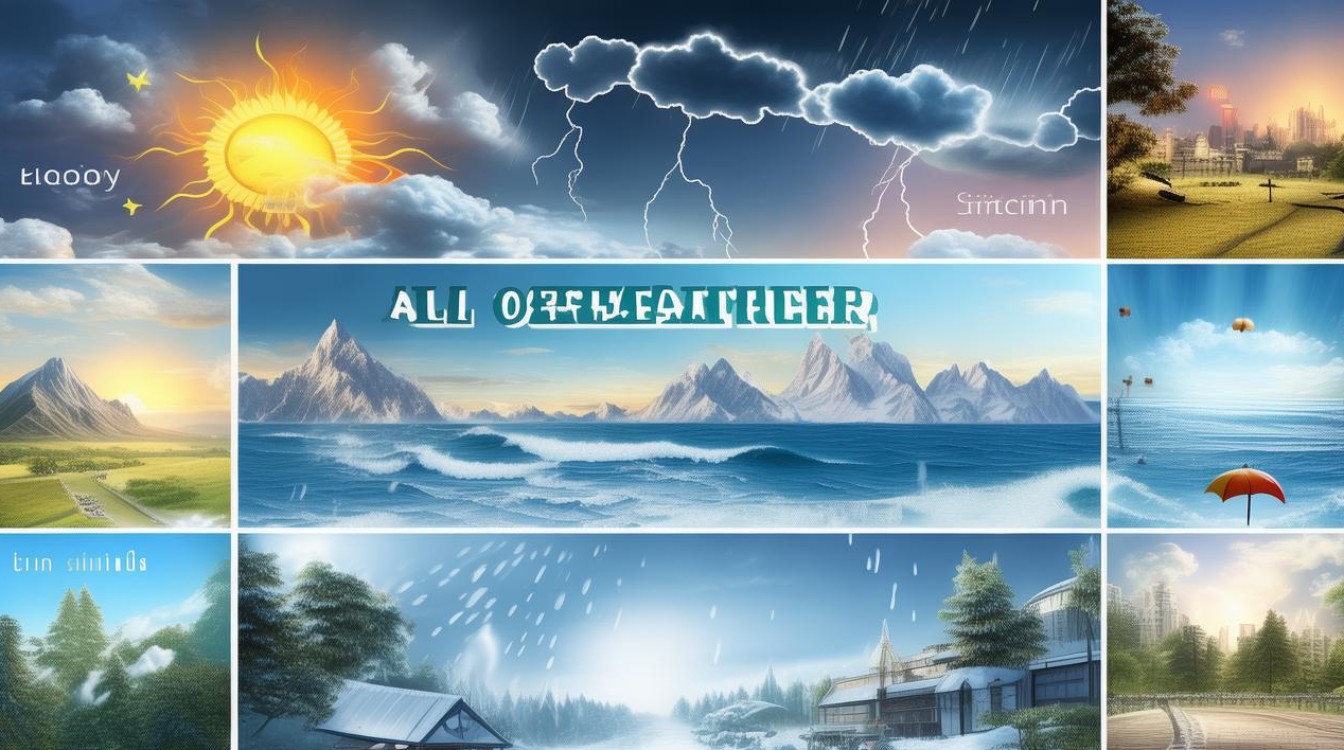
For accurate forecasts, always check trusted meteorological sources. Stay informed, stay safe, and use this guide to navigate weather discussions with confidence.
